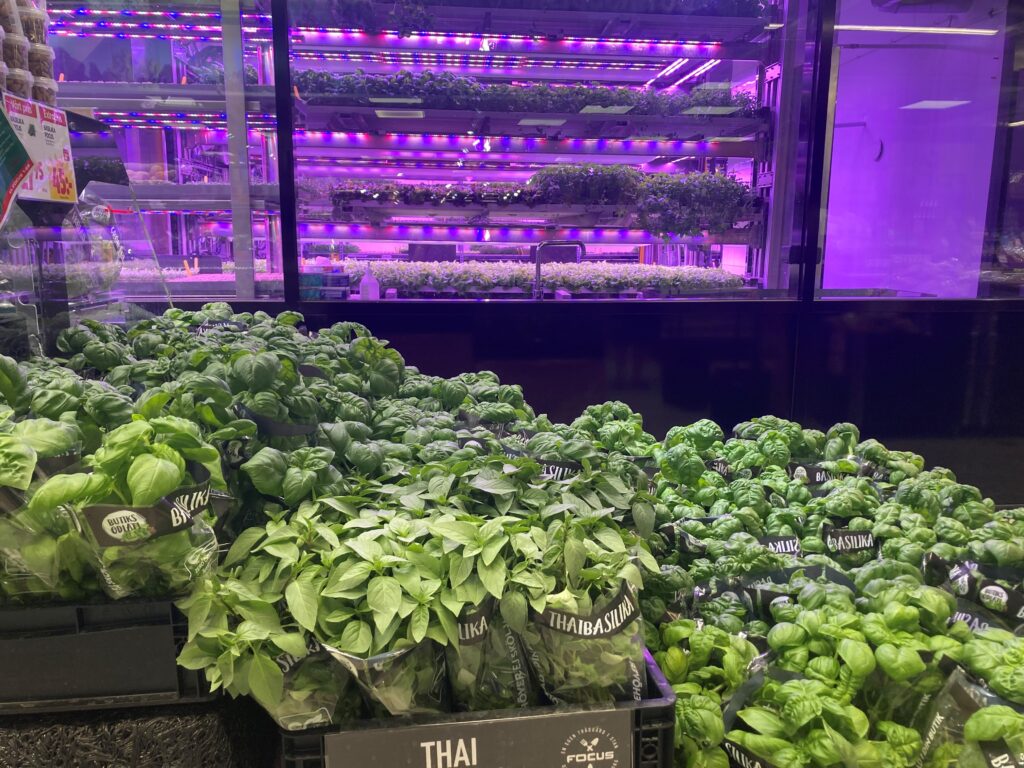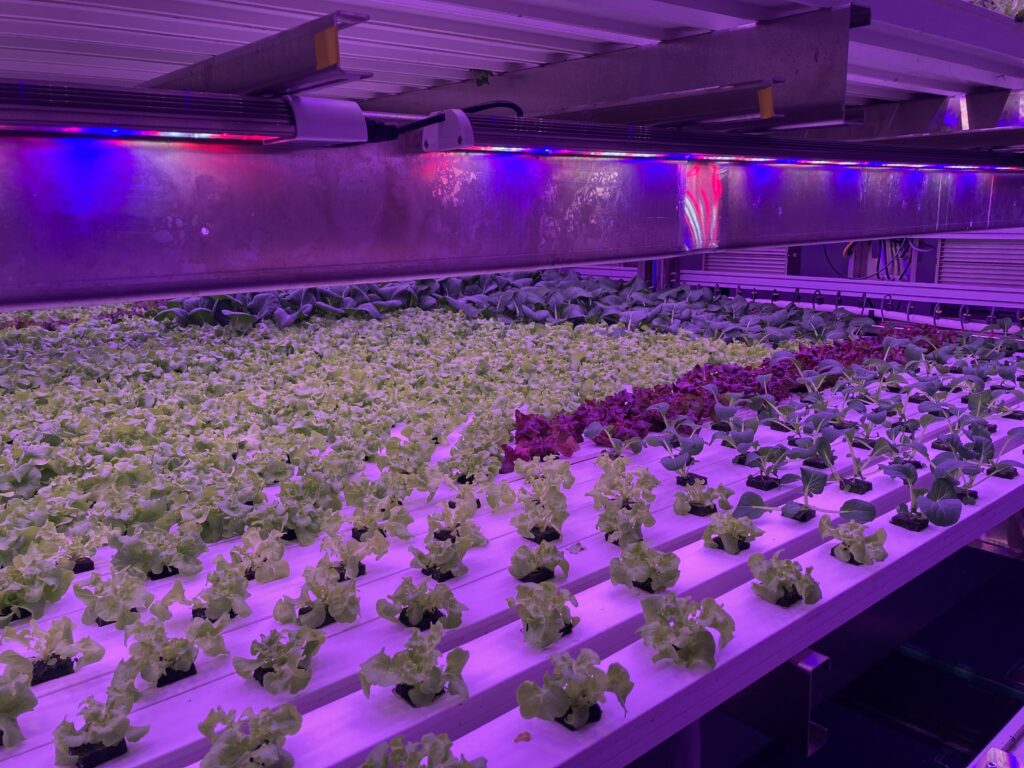Annie Drottberger is a researcher and lecturer in Horticultural Science at the Department of Biosystems and Technology at SLU in Alnarp. Annie’s research focuses on adopting innovations and knowledge in horticultural production systems focusing on high-tech greenhouse production, Plant Factories with Artificial Lighting (PFAL) and rooftop farming. How can new technologies contribute to urban food production? What socio-technical paradigm should we employ to make our food systems more sustainable? Read the interview below!
What is currently on top of your research agenda?
I finished my PhD in horticultural science at the Swedish University of Agricultural Sciences, the Department of Biosystems and Technology in Alnarp in December last year. My PhD project focused on the adoption of innovations in horticultural production systems, where I investigated firms in a variety of production systems, e.g. high-tech greenhouses, PFAL and rooftop greenhouses.
Now, I am also involved in two projects:
Erasmus Newclim project: “New trainings to manage climate & ecological transitions in perennial fruit crops” (4,3 million SEK). Collaboration between EU universities from France, Sweden, Germany and Chile focusing on integrating the climate transition and smarter practices in producing apples and grapes. In 2023-2026.
Regional SLF project: “Getting the pea to the plate: Removing obstacles for production of legumes for food in Skåne” (1,6 million SEK). The project aims to identify the most important reasons why the production of Swedish-grown legumes for human consumption is low and propose measures to overcome these obstacles. In 2023-2025.
Tell us about your latest publication.
My latest publication is Farming-as-a-service initiative in the making: Insights from emerging proto-practices in Sweden, written with Per-Anders Langendahl. The article focuses on developing farming-as-a-service initiatives that combine controlled environment agriculture with digital technologies to produce food in cities. The findings showed that the implementation follows a transformational alignment process. The meanings of these proto-practices were also very different from more established horticulture since farming was made from a distance in controlled environments.

Vegetable production directly in supermarkets! (By Annie Drottberger)
What led you to your particular field of research?
The motivation for my research includes the transition to a more sustainable food system from a socio-technical perspective. My prior experiences include working as an agricultural consultant at the provincial government with business support and EU subsidies. During the last 10 years, I have also worked as a business developer at The Federation of Swedish Farmers from 2008 to 2018, focusing on regional food strategy and sustainability.
What are the implications of your research for society?
It is very important to me that research benefits society, and I have earlier experiences of having worked closely with the industry. Sustainability issues have always been very close to me. Among other things, it is about creating an increased understanding of different production systems, seeing which new technologies are coming, highlighting why a certain development is taking place and showing that there are different solutions.
Finally, let´s say you have unlimited research funds; where would your research be five years from now?
There are different roads to choose from, and I am interested in continuing the exploration of innovative production systems in horticulture. Another area I would like to further elaborate on is wine and apple production in a new climate or possibly bean production. To be honest, I am ready to take the next step, but I am not quite sure of which path to take.

Thank you for a very interesting interview, Annie! We wish you the best of luck and success in your future path!
(Main photo: Mårten Svensson)

